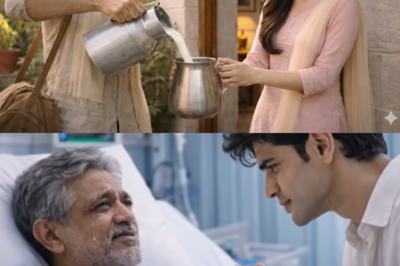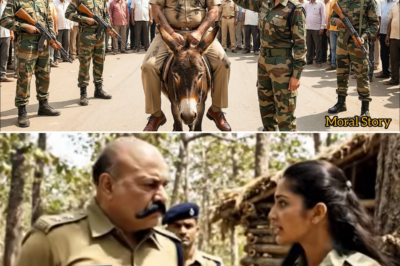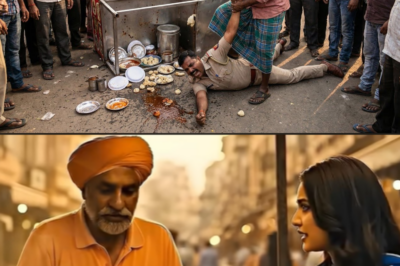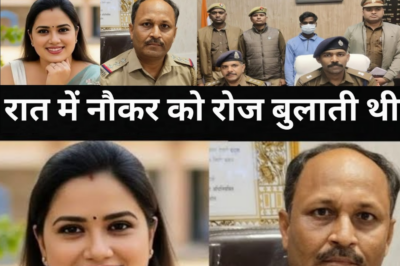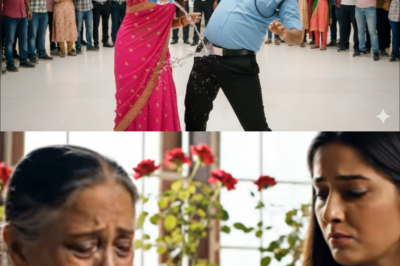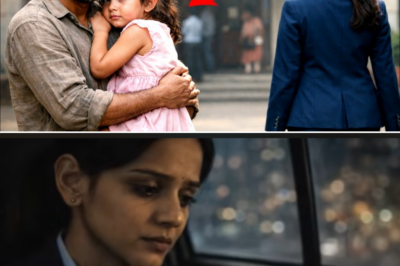Fury in Mathura: Outrage Erupts Over Aniruddhacharya’s Controversial Statement on Women and Child Marriage

A storm of controversy has engulfed the religious city of Mathura, after a shocking statement by renowned spiritual preacher and founder of Gauri Gopal Ashram, Aniruddhacharya Ji. The uproar began when, during a religious event in July 2025, a video emerged in which Aniruddhacharya was heard saying, “By the age of 25, girls have ‘been around’ at four places,” and that “girls should be married at 14.” The statements, widely seen as deeply misogynistic and a dangerous encouragement of child marriage, sparked nationwide outrage.
An Irresponsible Statement Sparks Public Outcry
The offending video clip quickly went viral on social media. Women’s groups gathered outside government offices in Mathura, raising slogans, burning effigies of Aniruddhacharya, and demanding strict action against him. Mathura Bar Association’s advocate Priyadarshini Mishra approached the SSP to file an FIR. Babita Singh Chauhan, chairperson of the UP State Women’s Commission, called the statement unconstitutional and a gross insult to women, further fueling the anger.
Protests spilled over from Mathura to other cities, with public demonstrations in Bhopal, Lucknow, Prayagraj, and Delhi. Outraged women brandished posters reading “Stop Insulting Women.” Many female followers who once admired Aniruddhacharya publicly voiced their pain and disappointment, insisting that such regressive ideas have no place in today’s India.
Voices of Protest: From Activists to Saints
Prominent social activists and lawyers joined the condemnation. Acharya Shailesh Tiwari lashed out, saying, “Aniruddhacharya is not a preacher—he is a disgrace. He should be in prison for breaking both the law and the sanctity of our traditions.” Others called his comments a violation of the Child Marriage Prohibition Act, 2006, which makes child marriage a crime punishable by up to two years in jail and a ₹1 lakh fine.
Model Meenal also criticized Aniruddhacharya for encouraging outdated practices while millions of women in India were working towards independence and education. Several saints from Vrindavan and Mathura declared that such individuals should not be allowed to speak from religious platforms, as their statements tarnish the image of Sanatan Dharma, a faith that reveres women as the embodiment of Lakshmi.
Social Media: Divided but Engaged
On Twitter, hashtags like #BanAniruddhacharya trended, with users demanding action from the police and women’s commission. Politicians from various parties spoke out, with SP MP Rajeev Rai and UP Congress spokesperson Anshu Awasthi denouncing both the remarks and what they called leniency from right-wing groups. Some supporters, however, claimed Aniruddhacharya’s words were taken out of context, highlighting the fierce polarisation around the issue.

Aniruddhacharya’s Response Falls Flat
As the uproar intensified, Aniruddhacharya released an Instagram video apologizing and claiming his statement was either targeted at a specific set of girls, manipulated using AI, or taken out of context. He reiterated his respect for women and insisted he had no intention to hurt anyone.
The apology, however, did little to quell public anger. Most activists and women’s leaders flatly rejected his “excuse,” insisting that such harmful rhetoric causes real and lasting damage—not only insulting women, but also encouraging child marriage and undermining centuries of progress.
Legal and Social Implications
UP Police announced investigations into the viral video, confirming that if the statement was found to be willfully provocative, strict action would follow. Lawyers noted the comments may amount to both an insult to women and a violation of child marriage laws.
The debate revealed the chilling reality that, according to the National Family Health Survey, 23.3% of Indian women are still married before age 18—a statistic that regressive comments can only worsen. International health organizations warn that child marriage leads to increased maternal health risks, school dropouts, and fewer economic opportunities for women.
The Larger Societal Question
This controversy erupted not merely as a reaction to one inflammatory statement, but as a wider societal reckoning with deep-seated patriarchal mindsets and the use (or abuse) of religious platforms. Many in Mathura recalled the city’s long history of social reform and stood united in their demand for change. Some pointed out that religious leaders should inspire societal upliftment, not regress into outdated prejudice.
Women Are the Pride of Modern India
Today, Indian women are aspiring to be IAS officers, scientists, engineers, and pilots. Statements like that of Aniruddhacharya not only insult their hard work, but also threaten the social progress women have made in recent decades. The question echoing through the streets—and now across national media—is whether an apology is enough, or if punitive action is warranted to set a precedent.
Conclusion: More Than Just a Statement, a Test of Our Social Values
The Aniruddhacharya controversy has become a flashpoint in the struggle between progressive values and regressive traditions. It highlights the need to vigilantly safeguard social reforms, ensure that public platforms are not misused, and foster an environment of equality and respect—particularly for women.
The episode is not just about one controversial statement, but a reminder of the enduring challenge of driving social change in India. As the debate rages, it offers an opportunity for serious introspection on the laws, cultures, and mindsets that shape our society.
News
करोड़पति लड़का दूधवाला बनकर पहुंचा अपनी होने वाली पत्नी के घर…सच्चाई जानकर इंसानियत रो पड़ी
करोड़पति लड़का दूधवाला बनकर पहुंचा अपनी होने वाली पत्नी के घर…सच्चाई जानकर इंसानियत रो पड़ी अमीरी का मुखौटा और रिश्तों…
जब एक आर्मी अफसर के साथ बदसلوकी हुई | आर्मी की एंट्री ने सब कुछ बदल दिया | New Hindi Moral Story
जब एक आर्मी अफसर के साथ बदसلوकी हुई | आर्मी की एंट्री ने सब कुछ बदल दिया | वर्दी का…
मोमोज वाले बूढ़ा आदमी ने इंस्पेक्टर को क्यों मारा…
मोमोज वाले बूढ़ा आदमी ने इंस्पेक्टर को क्यों मारा… वर्दी का सम्मान और न्याय की जीत: आईपीएस नंदिता की कहानी…
नौकर ने पुलिस दरोगा की पत्नी के साथ किया करनामा/अंजाम ठीक नहीं हुआ/
नौकर ने पुलिस दरोगा की पत्नी के साथ किया करनामा/अंजाम ठीक नहीं हुआ/ धुंधला चरित्र और टूटी मर्यादा: एक दुखद…
DM की माँ के साथ बदसलूकी | एक फ़ैसला जिसने सबको चुप करा दिया | New Hindi moral story 2026
DM की माँ के साथ बदसलूकी | एक फ़ैसला जिसने सबको चुप करा दिया इंसानियत की तराजू: जब सादगी ने…
पत्नी ने अफ़सर बनने से पहले पति को तलाक दे दियाजॉइनिंग के बाद फिर जो हुआ… कोई सोच भी नहीं सकता |
पत्नी ने अफ़सर बनने से पहले पति को तलाक दे दियाजॉइनिंग के बाद फिर जो हुआ… कोई सोच भी नहीं…
End of content
No more pages to load

